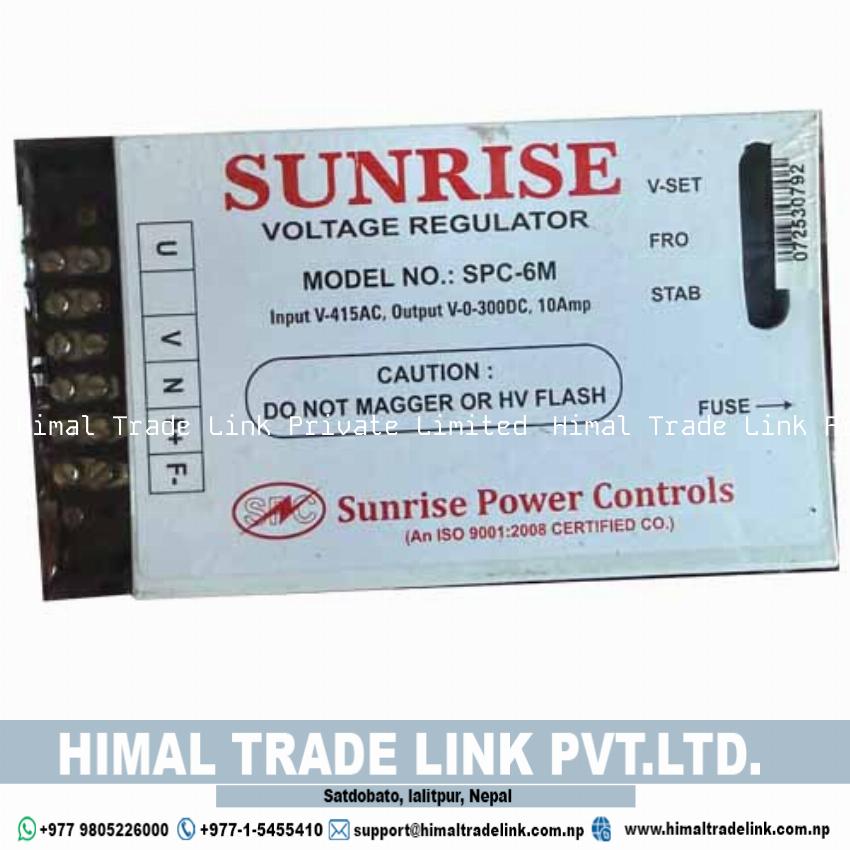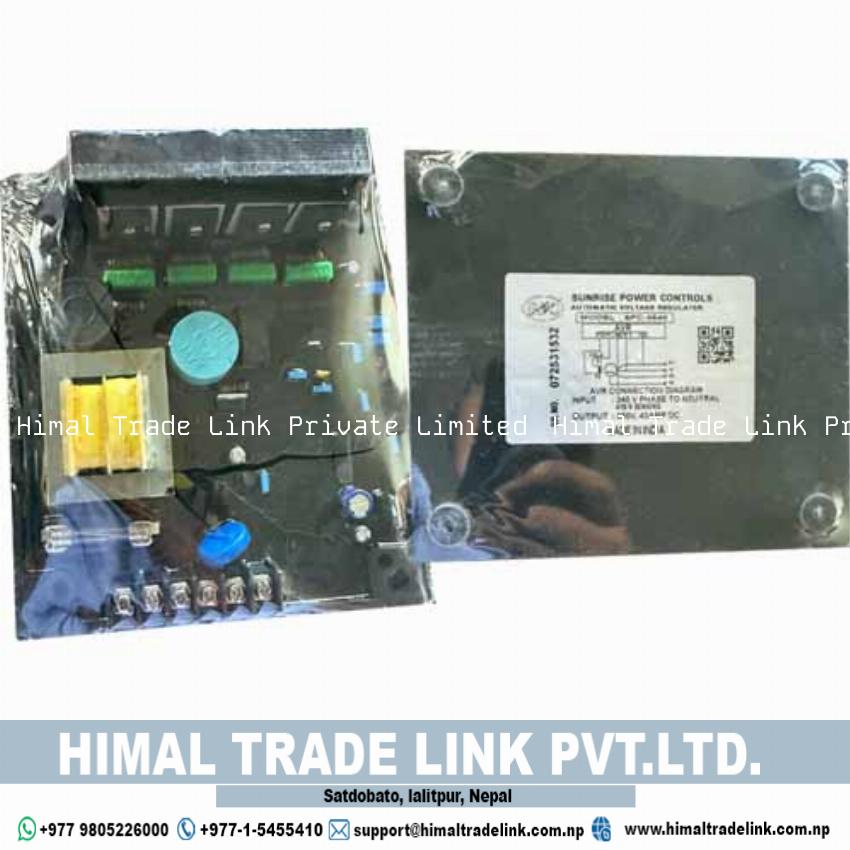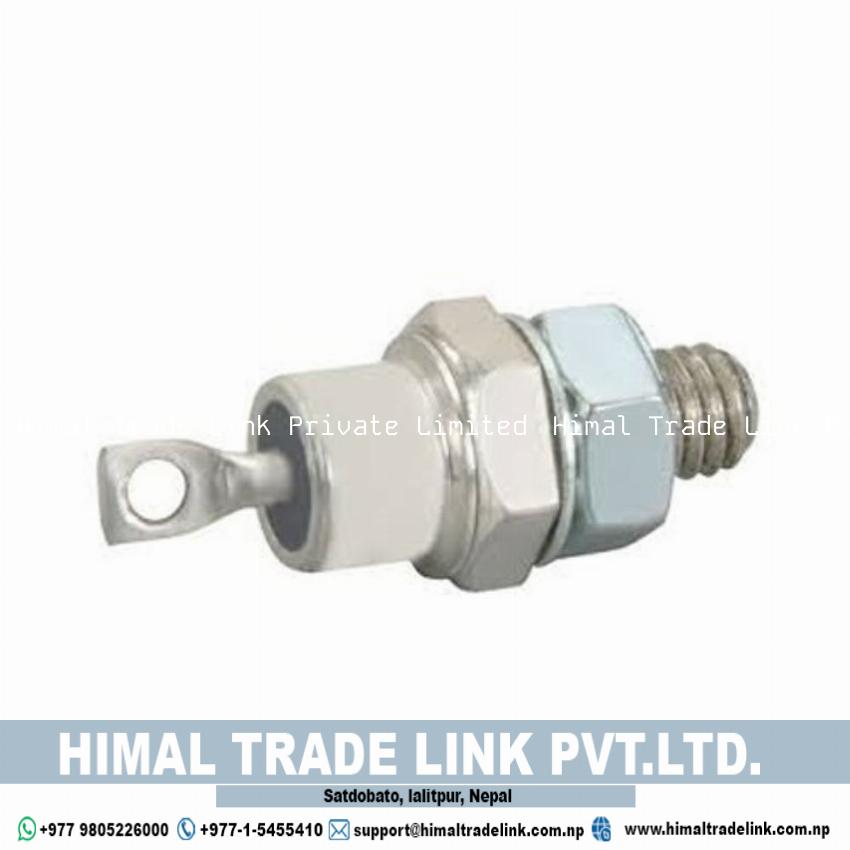Automatic Voltage Regulator (AVR) for Generators
An Automatic Voltage Regulator (AVR) for generators is a critical component that ensures the stability and reliability of the electrical output from a generator. Designed to regulate the voltage levels produced by the generator, the AVR plays a pivotal role in maintaining consistent power supply to connected equipment and appliances.
Stability and Reliability: AVRs are engineered to stabilize the voltage output of generators, compensating for fluctuations in load or variations in operating conditions. By continuously monitoring the voltage levels, the AVR adjusts the excitation current supplied to the generator's field winding, ensuring that the output voltage remains within a predefined range.
Voltage Regulation: The primary function of an AVR is to regulate the output voltage of the generator, maintaining it at a steady level even under changing load conditions. This ensures that connected devices receive the required voltage to operate efficiently and reliably.
Protection Mechanisms: Modern AVRs are equipped with various protection mechanisms to safeguard the generator and connected equipment against voltage-related issues. These may include overvoltage protection, undervoltage protection, and overcurrent protection, which help prevent damage due to electrical faults or abnormal operating conditions.
Compatibility and Integration: AVRs are designed to be compatible with a wide range of generator models and configurations. They can be seamlessly integrated into both new and existing generator systems, providing enhanced voltage regulation capabilities without requiring extensive modifications.
Versatility and Adaptability: AVRs are versatile components that can be tailored to suit different generator applications and environments. Whether used in standby power systems, prime power applications, or portable generators, AVRs offer flexibility and adaptability to meet varying voltage regulation requirements.
Enhanced Performance and Efficiency: By ensuring stable voltage output, AVRs contribute to the overall performance and efficiency of generator systems. They minimize voltage fluctuations, reduce electrical stress on connected equipment, and optimize the generator's fuel consumption and overall operational efficiency.
In summary, an Automatic Voltage Regulator (AVR) for generators is an indispensable device that ensures the consistent and reliable operation of generator systems. By regulating voltage output, providing protection against electrical faults, and enhancing system performance, AVRs play a crucial role in powering a wide range of applications across industries, from residential backup power to industrial and commercial operations.


.JPG)


.jpg)

























